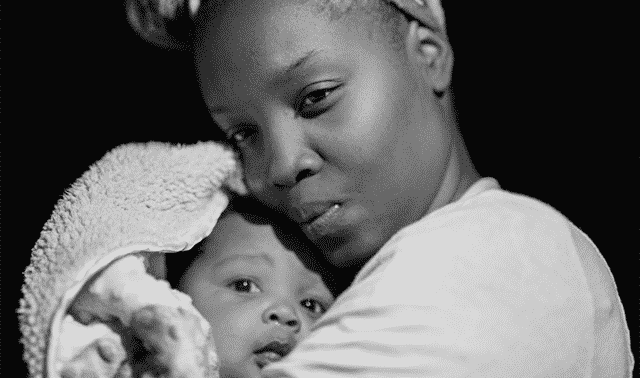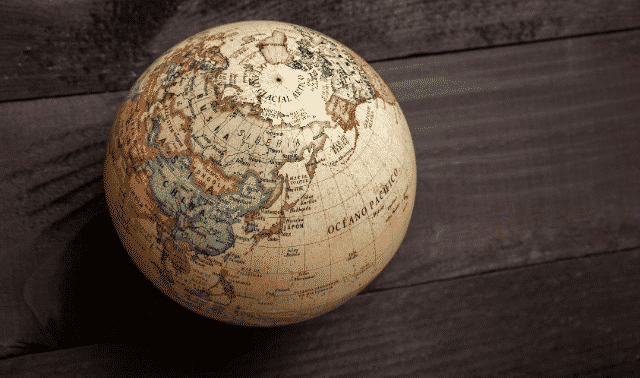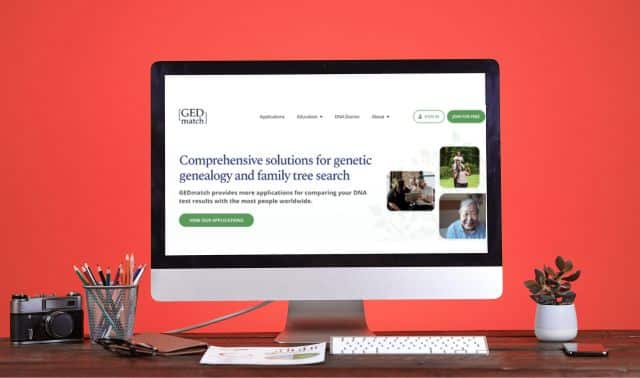Sign up for the Family Tree Newsletter! Plus, you’ll receive our 10 Essential Genealogy Research Forms PDF as a special thank you.
Get Your Free Genealogy Forms
"*" indicates required fields

Like many other African Americans, I’ve found genealogy challenging once I hit the barrier of slavery. A scarcity of records makes it difficult to discover what we’re looking for—a connection to our ancestral homeland in Africa.
In 2006, while working with University of South Carolina geneticist Bert Ely’s research partner on a non-genealogical project, I decided to answer a burning question: Do I have Ethiopian ancestry?
This question first arose three years prior when I lived in Virginia, where I was often mistaken for Ethiopian. I’d walk down the street or enter a restaurant and native Ethiopians would start speaking to me in Amharic, their country’s official working language. What was it about me that made people believe I was Ethiopian? I hoped a mitochondrial DNA test would provide an answer.
Genetic testing offers the tempting possibility of giving African Americans that link to their ancestors. Several companies offer African American DNA tests, some of which give the impression they’ll connect African Americans with a specific place or a tribe in Africa. African Ancestry, for example, positions itself as the only company that traces your ancestry back to a present-day African country of origin, and often, a specific ethnic group. How? The company compares your genetic sequence against 25,000 samples from modern indigenous Africans to connect your roots to one or more African countries, as well as ethnic groups when possible.
African DNA is a partnership between Family Tree DNA and Henry Louis Gates Jr., a Harvard University history professor and host of PBS’ “African American Lives” series. Clients get a genealogical report tracing their ancestry back to 1870 and an mtDNA and Y-DNA analysis with a migration map of your ancestors.
But can DNA testing actually link African Americans to a specific tribe? When my own test results arrived I was excited, then quickly disappointed. I do have Ethiopian ancestry, but through a “close” match, rather than an “exact” one. I got little in the way of answers and instead, ended up with more questions.
My DNA sequence belongs to haplogroup L0ala, most common in West Central and Southern Africa. My exact matches were Cabinda (a tribe originating in Angola), Sukuma (Tanzania) and Mozambique Bantu. The report further stated:
“Your direct maternal lineage appears to have originated in the Bantu people. Since the Bantu are widespread across west central to southern Africa due to multiple historical migrations, it may be unlikely that we will better localize your lineage.”
Bantu is a large category of languages used as a general label for more than 400 ethnic groups in Sub-Saharan Africa. Sukuma, according to the University of Pennsylvania African Studies Center, is the largest ethnic group in Tanzania, representing 13 percent of the population. Sukuma means north; this tribe originates in Northwestern Tanzania on or near Lake Victoria.
I also discovered that a significant portion of slaves from Mozambique were transported to Brazil around the Cape of Good Hope. So how did my maternal ancestor end up in North America? An estimated 2 percent and 23.8 percent of all slaves shipped to North America were from Mozambique and Angola, respectively.
Besides Ethiopian, my close matches were Kenyan, Cameroon and multiple southeastern Bantu. On the plus side, I was delighted to learn that I had Kenyan ancestry because I’m named after Jomo Kenyatta the former President of Kenya.
Ely, a principle researcher in the African American Roots project, says DNA analysis for ethnic origins is particularly difficult in Africa because the continent’s population is more genetically diverse—and harder for geneticists to understand—than any other in the world. In addition, humanity has been in Africa longer than anywhere else, leaving more time for all those ancestral migrations to occur. It’s impossible to use only mitochondrial DNA to determine a single ethnic group as the source of an ancestor. Further developments in genetic genealogy may yet tell me exactly where my ancestors came from.
A version of this article appeared in the December 2009 issue of Family Tree Magazine.







